This November, teachers across the UK helped 367,023 learners participate in the annual free UK Bebras Challenge of computational thinking.
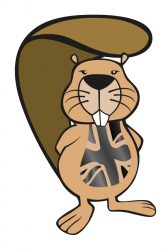
We support this challenge in the UK, together with Oxford University, and Bebras Challenges run across the world, with more than 3 million learners from schools in 54 countries taking part in 2021. Bebras encourages a love of computational thinking, computer science, and problem solving, especially among learners who haven’t yet realised they have these skills.
More and more schools are taking part in the UK Bebras Challenge
Nearly every year since 2013, more UK schools have been participating in Bebras. We think this is because for teachers, registering and entering learners is easy, the online system does all the marking automatically, and teachers receive comprehensive results that can be helpful for assessment.
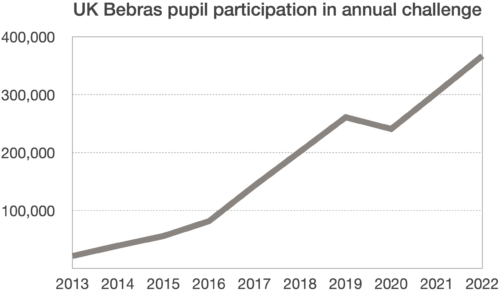
The computational thinking problems within Bebras are tailored for different age groups, use clear language, and are accessible to colour-blind learners. There is also a challenge for learners with visual impairments. Teachers who run Bebras in their schools seem to love it and regularly tell colleagues about it.
“Our pupils really enjoy [Bebras] and I find it so helpful to teach computational thinking with real-life strategies. We also find the data and information about our pupils’ performance extremely helpful.” — Teacher in London
Age-appropriate computational thinking problems
In the UK Bebras Challenge, the younger learners aged 6 to 10 usually take part in teams and have plenty of time to discuss how to solve the computational thinking problems they are presented with.
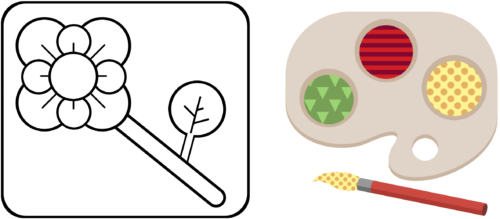
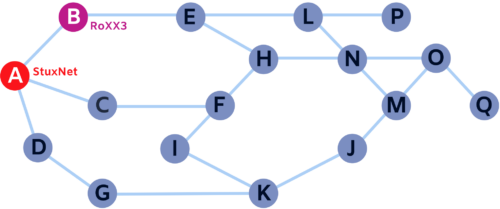
Older learners, aged 10 to 18, try to solve as many problems as they can in 40 minutes. The problems they are presented with start off easy and get increasingly difficult. The 10% of participants who solve the most problems are then invited to take part in the Oxford University Computing Challenge (OUCC), an annual programming challenge.
Year-round free resources for teachers
Although the OUCC is only open to some Bebras participants, all of the OUCC problems are archived and teachers registered with Bebras can use them to make auto-marking quizzes for all of their learners at any time of the year. Part of the goal of UK Bebras is to support teachers with free resources, and the UK Bebras online quizzes facility now has computational thinking tasks from the Bebras archive, plus auto-marking Blockly programming problems and text-based programming problems, which can be solved using commonly taught programming languages.
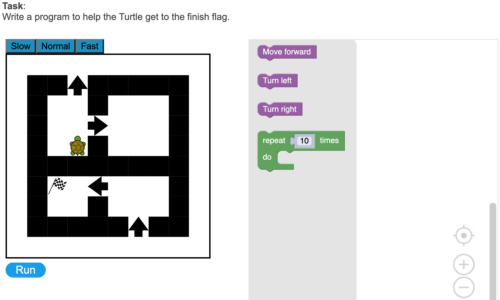
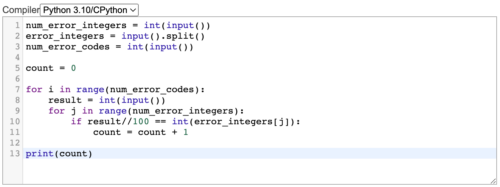
If you want to get a taste of Bebras, check out some of the interactive challenges that require no registration. And if you’d like to register to make quizzes for your learners and find out about next year’s challenge, you can do so at bebras.uk/admin.
The post Computational thinking all year round with UK Bebras appeared first on Raspberry Pi.
Source: Raspberry Pi – Computational thinking all year round with UK Bebras
